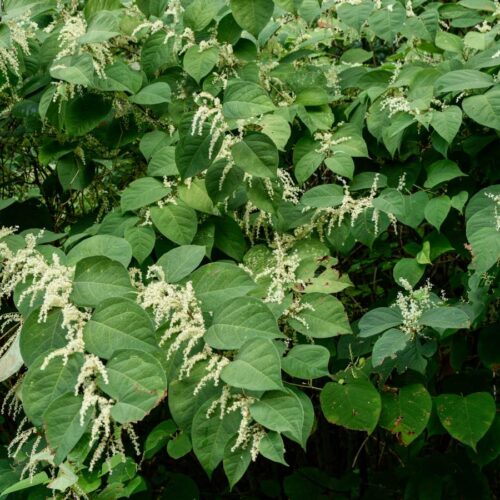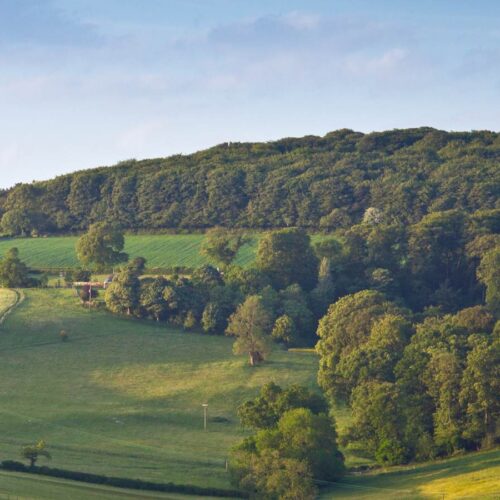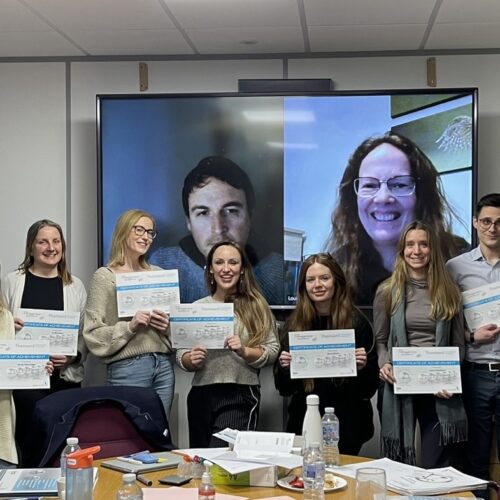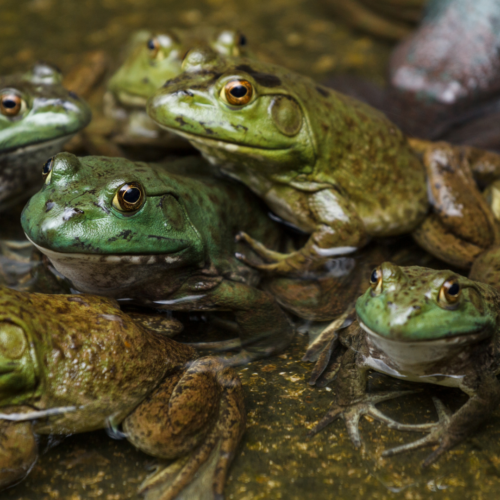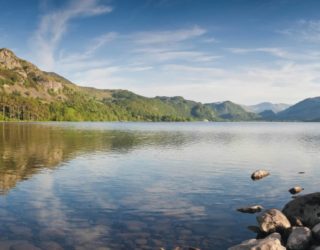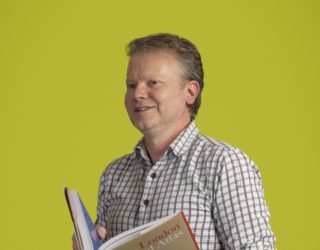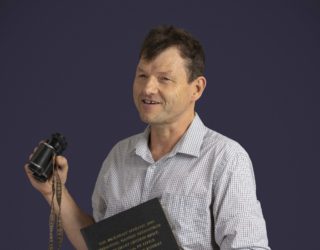From Field Assistant to Associate Director, for the past eight years Lynnette has worked her way up the ranks at Thomson – from voluntary survey work as a student, right through to leading teams on large-scale ecological projects. Here, we follow Lyn’s career journey to success.
Why did you want to work in ecology?
I’ve been fascinated by wildlife and science since I was young. My parents instilled in me a love of animals and the environment, visiting nature reserves and parks. I studied ecology-related subjects at university as I was deeply interested and keen to learn more about them. After four years, I gained an undergraduate degree in Zoology and then a Master’s degree in Biodiversity and Conservation.
Why did you want to work for a consultancy?
I considered many scientific career options at school and university, undertaking work experience around my studies and then full-time voluntary work to figure out what I wanted to do. I was fortunate to be put on a schoolwork experience programme designed to help women get into science. Through this, was an opportunity to work in large multi-national labs and small startup businesses, which I found very inspiring. Having studied business alongside sciences, I loved the idea of a career combining my love of the two subjects’, together with my passion for wildlife.
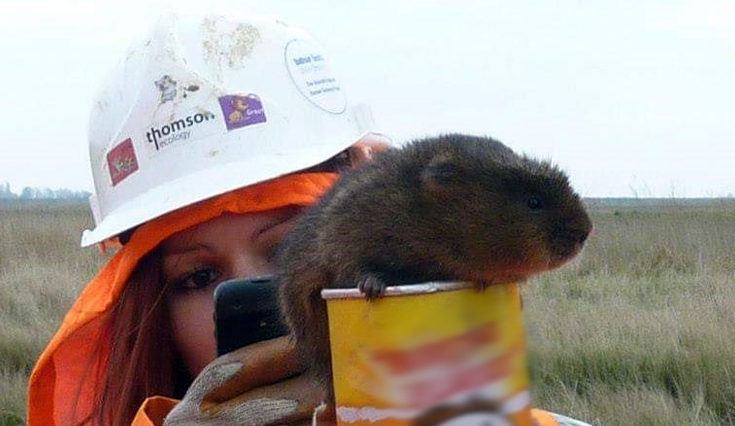
I contacted a wide range of organisations to gain experience: volunteering with hospitals, zoos, practical conservation charities and wildlife survey groups, before starting in consultancy. After graduating, I volunteered full time for a year for various groups including the RSPB (undertaking bird surveys), the National Trust (conservation and botanical survey work), the Bat Conservation Trust (bat call data analysis) and the Mammal Research Institute (radio tracking wildlife in Poland) among others.
Despite enjoying working with wildlife charities, I wanted a more varied job, not just focused on one species group. I also wanted something more challenging than field work alone, so when I started in consultancy, I knew it was for me.
What did you start out doing at Thomson?
At 24, I started as a Field Assistant. I’d previously worked for one other consultancy and still had a lot to learn. In my first year at Thomson, I undertook a lot of bat and great crested newt and bird surveys along proposed cable routes. This involved trekking through habitats, identifying birds by song. It was physically tough but rewarding.
I progressed to Ecological Consultant and managed projects for small housing developments and schools, and assisted with large-scale projects such as cable routes, quarries and large development sites. I would undertake a range of surveys and reports, including Preliminary Ecological Appraisals and surveys for various species. I started to gain experience with more complex reports such as Ecological Impact Assessments and European Protected Species Licenses.
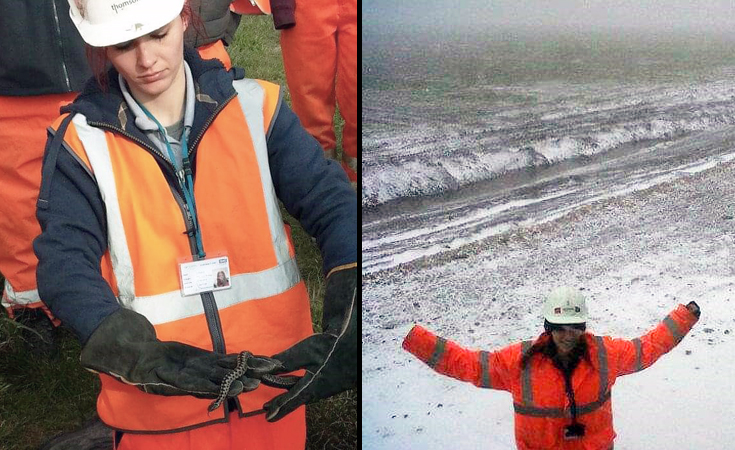
What are you currently doing at Thomson?
After years of broad and varied consultancy experience as an ecologist, I progressed to team leader as Principal Ecological Consultant, managing a team of ecologists in our Guildford office and project managing large-scale projects; reviewing the work of others and advising staff and clients on various complex ecological issues.
I then took on my current role of Associate Director, overseeing the arboriculture and ecology teams in Birmingham and Guildford. One of the most rewarding parts of my job is helping others like ecologists and managers, guiding them as they progress through their careers, or supporting clients with complex projects.
What were the hot topics in ecology when you started out?
Biodiversity off-setting and banking. Biodiversity features which couldn’t be retained within developments were given a value used to determine habitat compensation requirements in the form of on and off-site habitat creation.
Another included the publication of the National Planning Policy Framework (NPPF) in 2012, which set out the government’s planning policies for England and how they’re applied. The NPPF set out policies on conserving and enhancing the natural environment, influencing local policy and decision making and providing weight to the consideration of ecology during the planning application process.
What are the hot topics in ecology at present?
Brexit and how this effects ecological law. Although key laws protecting ecology from EU directives have been transposed into national law with little change, there is potential for future change to laws, outside the EU.
The Environment Bill should help ensure we maintain and improve our environmental protections outside Europe. It makes provision for targets, plans and policies for improving the natural environment. The Bill also aims to establish the Office for Environmental Protection (OEP), a powerful new independent regulator holding the government to account on environmental standards.
What are your aspirations?
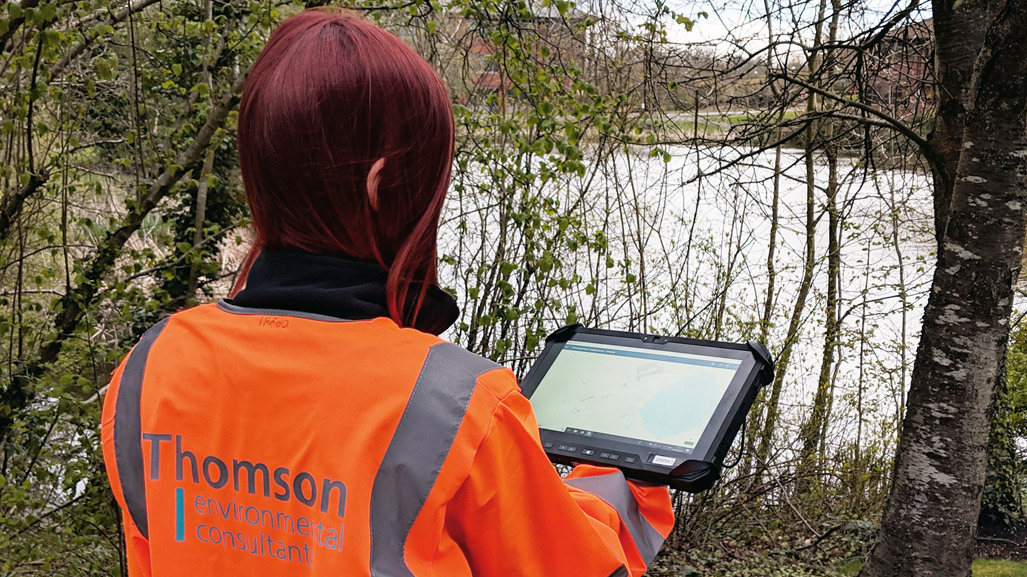
I want to see the three teams I currently manage expand and succeed through growing our large repeat client base – winning work, meeting targets and delivering project efficiency. I want us to continue to grow our teams rapidly but sustainably and in a way that meets the needs of our staff and clients.
I would like to set up new regional offices in England and further afield, supporting new teams as they grow and become successful.
As I continue to support staff, helping them learn and develop, I hope to pass on that mentality to other aspiring leaders in the business, continue to make Thomson a great place to work.
What advice would you give young female ecologists starting out?
Working in ecology is not necessarily an easy career to pursue. Many people have a passion for wildlife and the environment, so competition is fierce. Becoming an ecologist, requires a relevant degree, perseverance, enthusiasm and great work ethic. Field work can be complex, requiring physical endurance, so voluntary experience will help you to learn and demonstrate that you have what it takes.
Progressing from ecologist to senior management level means taking on a lot of responsibility and having in depth understanding of the work. Therefore, take every opportunity you can to learn and take on new challenges.


